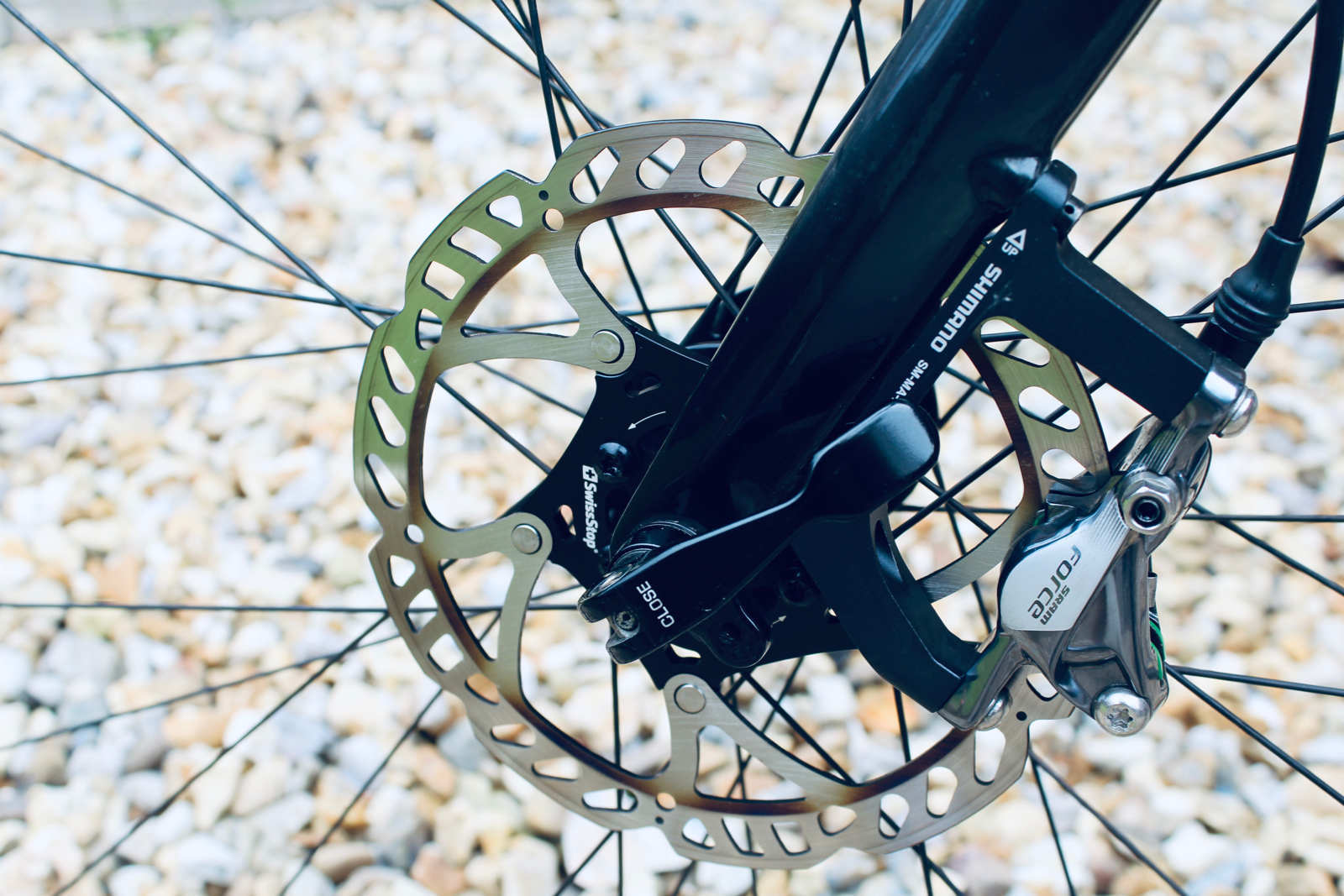Sleeping Soundly – Advice for Better Sleep
Sleep is the unsung hero of so many aspects of life. Good sleep is critical to recovery, physical performance, and mental health; for cyclists and athletes, a good night's sleep will probably make more difference than weight savings on your bike, or what you eat the night before a big ride.
Yet, we do not, or sometimes cannot always prioritise sleep. There are multiple factors that can deprive us of good sleep: life factors such as work or family, as well as controllable factors known as 'sleep hygiene'.
I became a dad at the start of this year – a 'life' factor, and the sleep deprivation is very real and uncontrollable. I have felt the effect on my energy levels, recovery and performance. The feeling of getting poor sleep, sometimes 2.5 hours a night for several weeks, made me realise how important sleep is to your wellbeing and your cycling. It also got me wondering, how many people suffer from poor sleep longer term? And while we cannot always control 'life' factors that affect our sleep, I may be able to offer a few tips through Life In The Saddle to help you get better overall sleep through 'hygiene' factors.
There is no single thing that will improve your sleep, but below I talk through five factors that I think make a notable difference to how well you sleep.
These are my five tips for better sleep:
1) Technology – Avoiding technology and screens for at least an hour before bed, and keeping them out of your bedroom completely, is my number one tip for better sleep. Screens, scrolling and blue light send your mind racing and stimulate your brain; the exact thing you want to be avoiding in the hour before bed or if you wake up in the middle of the night. Keep your phone on charge in a separate room, so you are never tempted to reach for it.
2) Temperature and Fresh Air – Research has shown that the optimal air temperature for us to sleep in is 18 degrees Celsius. Colder than this and your body is working hard to stay warm; hotter than this it is working to stay cool. 18 degrees, with a window open to promote fresh air flow is the best for quality sleep.
3) Bedding – What you lay your head and body on, and wrap yourself up in, has a direct effect on your comfort level and your sleep. You want a mattress that keeps your spine as straight as possible, and a pillow that supports your neck, so it is in line with your spine.
For your duvet, I recommend either a natural down duvet or a 'Hybrid™ duvet' like those from Simba Sleep. I have been trialling a Simba Sleep duvet for several months, and the Renew Bio™ soft, down-like filler offers superb light and breathable warmth; the Stratos® ‘cool-touch’ tech and cotton cover keep you notably cooler than with other synthetic duvets. It is without doubt the best synthetic duvet I have used to date.
4) Lighting – How you light your bedroom makes a difference to how you relax and ease yourself into sleep. I use a Lumie alarm clock with a 'bedtime' setting that slowly decreases a warm yellow light over the course of 15-20 minutes, to help relax you and ease you into sleep. In the morning, the same 'soft' light gradually increases to bring you to waking, a gentler alarm clock than a buzzer or phone.
Lighting also relates to how dark your room is. Blackout curtains can help remove daylight from your bedroom, or an eye mask – I use one from Manta sleep - can also be helpful.
5) Noise – Our minds are conditioned to wake to unexplained noises, so try to reduce these as much as you can. I find silicone ear plugs can be helpful when you must try and sleep in a noisy environment, or when travelling.
In addition to the above, there are of course numerous other factors that affect sleep quality. Routine is one – our bodies benefit from a consistent bedtime and wake up time (although that is not always possible). Another is exercise, which I find makes a real difference to how I sleep, even if it is just a short evening walk before bed. Also notable is diet, where research has shown that a healthy balanced diet with enough protein in can help aid sleep quality.
The above list is not exhaustive, nor medical based advice; but it is five things that I have found made a notable difference to sleep quality and consistency. I hope they will help you be more rested and able to perform at your best.
Disclaimer: Simba Sleep provided a Hybrid duvet for testing purposes







Comments
Post a Comment